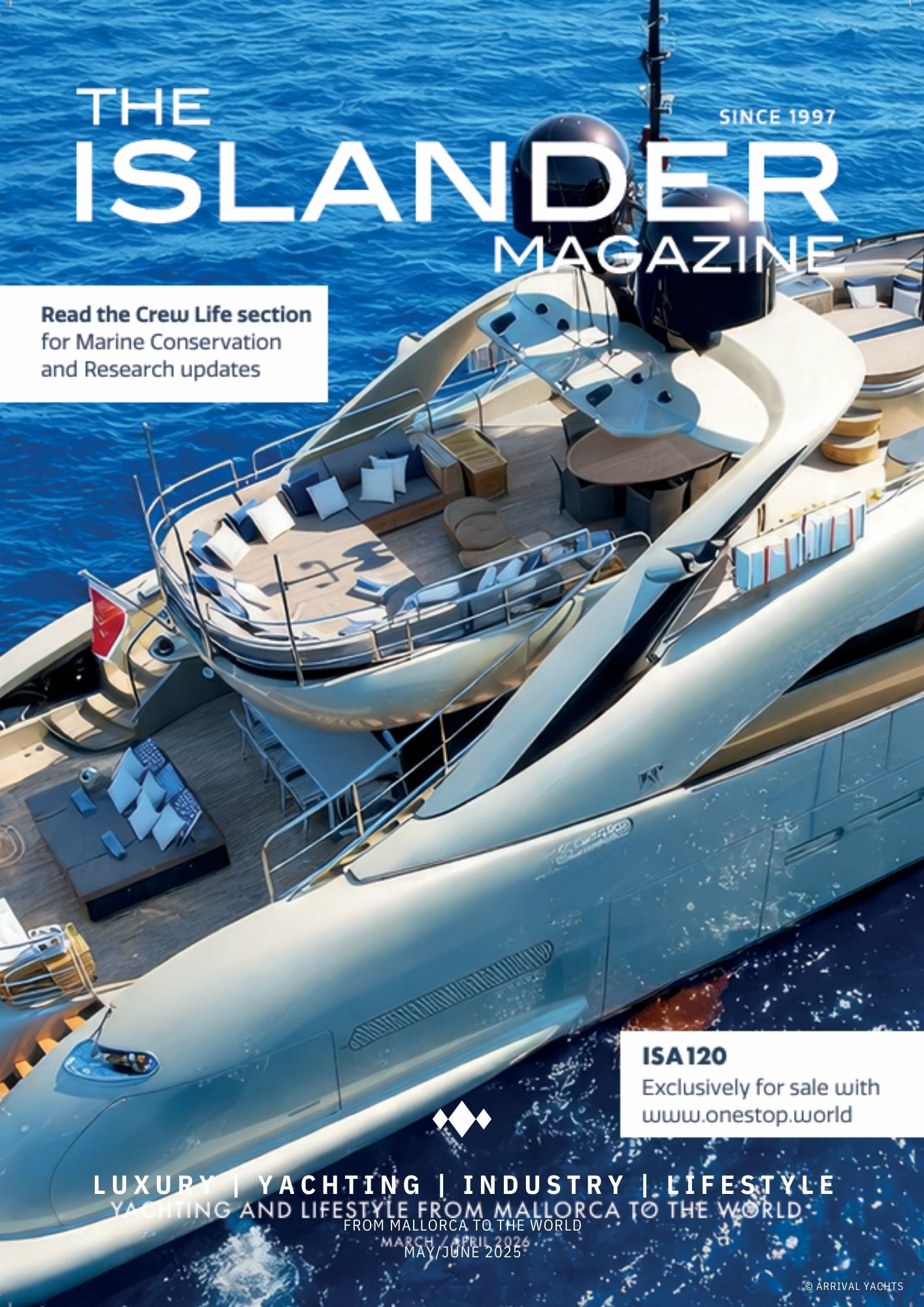The Maritime Mobile Service Identity or MMSI is the 9 digit number that identifies each ship’s station for safety and radiocommunications purposes, and which must be programmed in the automatic digital selective call (DSC) radiocommunications equipment of ships (VHF, MF and HF) and in the Cospas-Sarsat system satellite radio beacons. The MMSI acts in the same way as a telephone number allowing radio operator to make automatic calls through VHF DSC radio and is the identity that is automatically transmitted within DSC calls. The MMSI belongs to the vessel.
These MMSI numbers are issued by the appropriate authorities in the country of registration of the vessel and can be referenced back to a database of information about the vessel and its owners and so forth.
In Spain the MMSI must be requested from the corresponding Maritime Authority (Capitanía Marítima) in the case of vessels smaller than 24 metres, and from the Radiocommunications Area of the Directorate General of the Merchant Marine (Dirección General de la Marina Mercante) in the case of vessels equal to or larger than 24 metres.
Also CRSs (Coast Radio Stations) have their own MMSI because they have their own VHF DSC radio and could be called by any vessels VHF DSC radio. The Directorate General of the Merchant Navy also assigns these MMSI to stations located on land (coastal stations, rescue centres, pilot stations, etc.), as well as to navigational aids with automatic identification systems (AIS).
Following Chapter IV about Radiocommunications of the International Convention for the Safety of Life at Sea (SOLAS), 1974, the Spanish legislation has incorporated such provisions under Article 19 of the ITU Radio Regulations, Recommendation ITU-R M-585-6, (Reglamento de Radiocomunicaciones de la UIT.Recomendación UIT-R M-585) and also in article 5 of the Royal Decree 1185/2006 of 16 October 2006, approving the regulation governing maritime radio communications on board Spanish civilian vessels ( Real Decreto 1185/2006, de 16 de octubre, por el que se aprueba el Reglamento por el que se regulan las radiocomunicaciones marítimas a bordo de los buques civiles españoles). Thie main purpose is to establish the regulation of maritime radiocommunications and radio installations on board Spanish vessels for broadcasting the maritime mobile service regulated in the Radio Regulations of the International Telecommunications Union, from the perspective of the protection of maritime safety.
Besides that, Spanish ships that have any radio communications transmitting equipment for maritime use, whether of compulsory use or voluntary installation, must compulsorily have a ship’s station license (licencia de estación de barco, LEB) issued by the Directorate General of the Merchant Navy. This license must be located in an easily visible place on the ship’s radio station for which it was issued and it covers and authorizes, exclusively, the equipment, frequencies or channels indicated therein. Recreational craft navigating in zones 4 to 7 are excluded from this obligation, unless they voluntarily install fixed equipment with digital selective calling or a radio beacon, in which case they are obliged to have MMSI.
For ship stations the first three digits are known as the MID (Maritime Identification Digit) number and indicate nationality, e.g. MIDs allocated to Spain are 224 and 225, to the United Kingdom are 232,233,234 and 235. The last six digits uniquely identify the individual vessel. The first digit of an MMSI depends on the kind of station to which it is assigned. So, MMSIs starting with any number between 2 to 7 refer to ship stations. The initial digit of a ship station determines the vessel’s area of origin: 2 for Europe, 3 for North America, Central America and Caribbean, 4 for Asia, 5 for Oceania, 6 for Africa and 7 for South America.
The next 2 digits make each MMSI country-specific. This is how the vessel’s flag can be identified-
In general, an additional MID is assigned to a country in cases where the MMSIs produced using the existing MID(s) is more than 80% exhausted and the rate of assignments is such that 90% exhaustion is foreseen. This is why countries with extensive maritime activity have multiple MIDs assigned to them.
Carlos Espinosa
Solicitor & Tax Adviser
+34 627 413 201
carlos.espinosa@iurisnautic.com













0 Comments